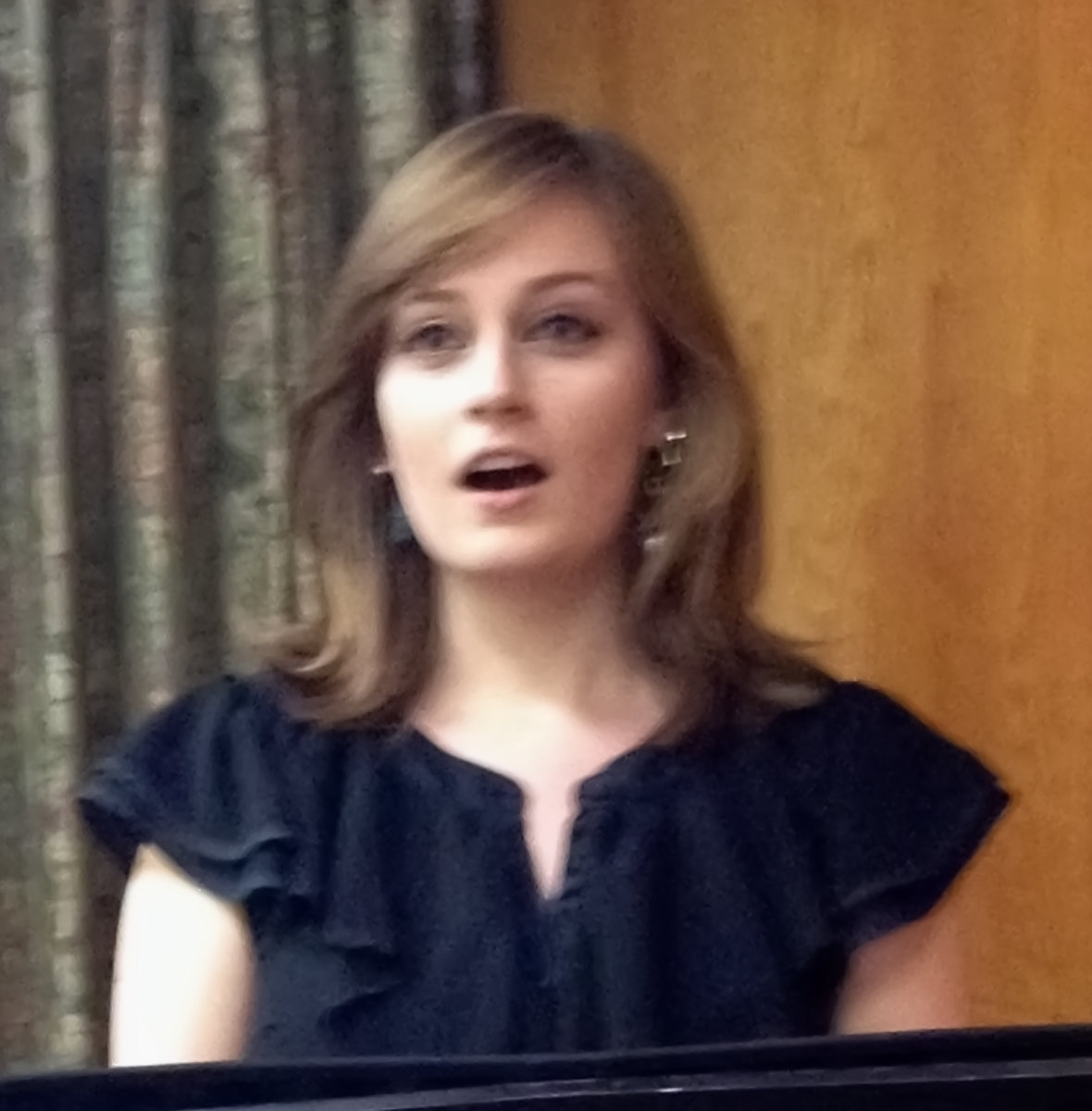The Berkeley Song Repertoire
Soprano Claire McGinn introduces Berkeley’s song repertoire

In the course of my first year as a music undergraduate at the University of York I came across an anthology of English song1 in the university library. One of the pieces in it was How Love Came In by Lennox Berkeley, whose name at this point was just as unfamiliar to me as his works, but I was immediately captivated by the charming simplicity and simultaneous depth of feeling I perceived in it.
Looking for a recording of this beautiful miniature, my next discovery was tenor James Gilchrist’s CD of Berkeley songs2, which to this day is one of my all-time favourite classical recordings. The thirty-three songs on the Chandos album represent the affective diversity within Berkeley’s vocal output, from the blithe contentment of D’un vanneur de blé aux vents (1924/5) to the darker and more plaintive Five Chinese Songs (1971). In between are song cycles of poetry by W. H. Auden, Jean Cocteau and Robert Herrick, the latter accompanied by harp. Widely known as a deeply expressive and intelligent interpreter, Gilchrist perfectly captures the intoxicating mix of guilelessness, emotion and wit which, for me, characterise Berkeley’s solo vocal music.
In August and September of 2013, I gave two informal recitals in Leicester, and sang a handful of these pieces in each. Alongside songs by Mozart, Grieg and Fauré, the first concert included Automne (1963), a sombre, funereal ode to Berkeley’s late friend Poulenc, featuring a ghostly dominant pedal which vividly evokes a distant village church bell and conjures up bleak scenes of foggy rural landscapes; Sonnet, op. 102 (1982), a painfully candid Louise Labé setting; composed for Swiss tenor Hugues Cuénod at the end of Berkeley’s career – and at the beginning of his battle with Alzheimer’s; and D’un fleuve, thirty seconds of flippantly jovial music (with discernible echoes of Poulenc) and delightfully morbid tongue-in-cheek Cocteau poetry from the 1926 song cycle Tombeaux. The September concert’s programme consisted of Britten, in honour of the centenary, Purcell and John Blow, as well as Berkeley’s sprightly Lauds (‘Among the leaves the small birds sing’), with a rather more lively and optimistic representation of church bells than that heard in Automne, and an almost sensually desolate setting of O lurcher loving collier (both from Berkeley’s 1958 cycle of five Auden poems). The last Berkeley piece was Bells of Cordoba (1938), yet another reflection of the composer’s apparent fondness for the sonorities of bells, and characterized by lilting ‘Latin’ syncopation and hints of Lydian modality.
In my opinion one of the interesting things about these six pieces is how well the three songs in French fitted into a programme with Fauré and Grieg, while the latter three in English were perfectly at home alongside Britten, Blow and Purcell. Berkeley’s connections with France (his French mother, reading French at Oxford and studying with Nadia Boulanger) seem to have cultivated in him a strong affinity with the French language and music, and yet his work for me has always been very idiomatic, absorbing contemporary cultural influences to produce a distinct, individual and versatile voice.
Berkeley is often perceived as being in Britten’s shadow. Comparing Britten’s setting of Auden’s Night covers up the rigid land with Berkeley’s setting of the same text, a friend of mine recently remarked that Britten ‘did more with less’. Arguably the effectively economical use of material is a key aspect of Britten’s genius. However, while I am a great admirer of the more famous composer, his music can be quite stark where Berkeley’s is often rich and colourful, and I think each would be less enjoyable without the context and contrast of the other. Despite not having achieved comparable success, Berkeley was a significant artist in his own right, holding a post at the Royal Academy and influencing a generation of young composers.
I implore anyone who doesn’t own a copy of James Gilchrist’s Chandos CD to get hold of one, and I would recommend Berkeley’s songs to any performer or listener. They are attractive, intelligent and deeply rewarding pieces, unquestionably my personal favourite vocal works by any post-Baroque British composer, and it is a desperate shame that they are not performed more frequently.